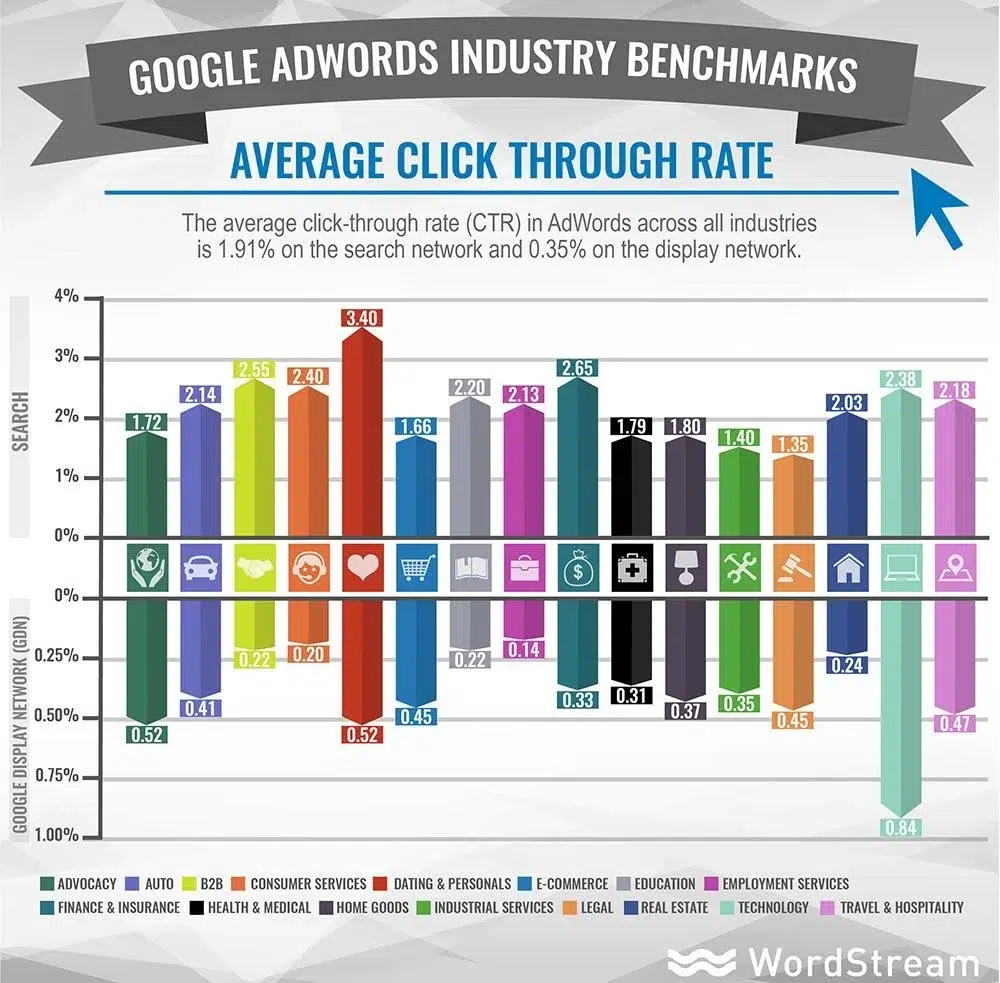Optimize Your Click-Through Fees with Specialist CTR Manipulation
Optimize Your Click-Through Fees with Specialist CTR Manipulation
Blog Article
Exploring the Intricacies of CTR Control: Strategies to Improve Organic Look Performance
In the realm of electronic advertising and marketing, the realm of Click-Through Rate (CTR) adjustment stands as a sophisticated yet essential approach that can substantially impact the organic search performance of an internet site. As online search engine become much more attuned to user behavior and intent, grasping the art of boosting CTR emerges as a vital ability for online marketers and web site proprietors alike. The ins and outs of CTR adjustment offer a landscape loaded with nuanced strategies and refined adjustments that can thrust a website's exposure and significance in internet search engine results. By exploring the techniques and techniques behind CTR optimization, a course in the direction of opening greater organic search performance begins to unfold, appealing understandings that can improve electronic advertising and marketing efforts - ctr manipulation.
Recognizing CTR and Its Value

A high CTR suggests that your content is appropriate and interesting to individuals, which can lead to raised website traffic and higher positions on online search engine. On the various other hand, a low CTR might indicate that your content is not reverberating with your target market, potentially resulting in reduced presence and minimized organic traffic.
Studying Customer Behavior for CTR Optimization
By diving right into exactly how customers interact with search engine results web pages (SERPs), marketers can acquire beneficial understandings to tailor their strategies for boosted click-through prices (CTR) and natural search performance. One essential aspect to analyze is the significance of meta titles and summaries to the user's search intent.
Additionally, examining user behavior metrics such as bounce rate, dwell time, and pages per session can give a much deeper understanding of just how interesting and pertinent the content is to site visitors. By determining patterns in user habits, online marketers can improve their content method to far better line up with user assumptions, consequently increasing the likelihood of drawing in clicks and driving natural website traffic. Basically, a data-driven approach to analyzing individual actions is instrumental in maximizing CTR and enhancing total search performance.
Crafting Compelling Meta Descriptions
With a keen focus on individual engagement and search intent placement, crafting compelling meta descriptions plays an essential role in optimizing click-through rates (CTR) and enhancing organic search performance. Meta summaries are short snippets that sum up a website's content and are displayed below the title tag on online search engine results pages (SERPs) A well-crafted meta description not only entices users to click via to the site but also provides a clear sneak peek of what they can anticipate, boosting the probability of bring in pertinent web traffic.
To create reliable meta summaries, it is necessary to keep them concise, normally under 160 personalities, and include appropriate keywords to signify to online search engine and customers the material's significance to their query. Furthermore, including a call-to-action can trigger customers to take the desired activity, whether it is clicking with to the website, signing up for an e-newsletter, or making an acquisition. By crafting compelling meta summaries that straighten with customer intent and display the value proposition of the web page, companies can improve their CTR and drive more natural traffic to their site.
Leveraging Rich Fragments for Greater CTR
Utilizing rich fragments tactically can substantially boost click-through rates (CTR) in natural search engine result by providing users with enhanced previews of page content. Rich fragments are added items of details that come with search results, using customers a peek of what they can anticipate to find on a details web page. By including structured information markup, website owners can maximize their material to Get More Information show up more prominently in internet search engine results web pages (SERPs) with rich fragments, such as celebrity scores, item pricing, event details, and much more.

Applying Schema Markup for CTR Increase
By enhancing your web page with schema markup, you can even more maximize the display of abundant fragments and boost your click-through rates (CTR) in organic search outcomes. Schema markup gives online search engine with thorough details about the content on your web site, assisting them understand its context and relevance. By carrying out schema markup purposefully, you can boost the look of your search listings with added information like ratings, reviews, pricing, and much more. This added context not only makes your results a lot more aesthetically attractive yet additionally raises the likelihood of capturing users' attention and driving them to click through to your website.
Additionally, schema markup can likewise boost your web site's exposure in online search engine result pages (SERPs) by allowing search engines to better interpret and present your web content. This can bring about greater positions and raised natural website traffic, as search engines reward web sites that give clear and organized data with improved exposure. Integrating schema markup right into your Search engine optimization method can be a powerful device for boosting your CTR and overall natural search efficiency.
Final Thought
In verdict, understanding the intricacies of CTR adjustment is essential for improving organic search performance. Assessing customer habits, crafting compelling meta summaries, leveraging abundant fragments, and implementing schema markup are effective methods to Click This Link enhance CTR. By enhancing these aspects, sites can enhance their visibility and bring in even more natural web traffic. It is crucial for organizations to constantly fine-tune their CTR optimization methods to stay competitive in the on the internet landscape.

By delving right into exactly how customers connect with search engine results pages (SERPs), online marketers can gain useful insights to tailor their approaches for boosted click-through rates (CTR) and organic search performance.With an eager emphasis on user engagement and search intent alignment, crafting compelling meta summaries plays a critical function in maximizing click-through prices (CTR) and improving natural search efficiency.Making use of abundant snippets purposefully can considerably enhance click-through prices (CTR) in natural search outcomes by giving customers with boosted sneak peeks of page material.Furthermore, schema markup can likewise enhance your website's presence in search engine result pages (SERPs) by enabling search engines to far better translate and offer your material.
Report this page